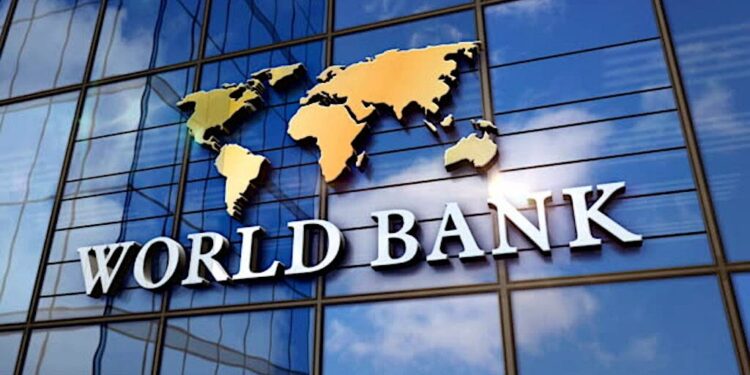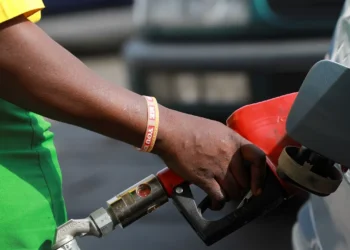The World Bank’s latest Africa’s Pulse report has revealed that the Nigerian Naira has experienced a nearly 40 percent depreciation in 2023, positioning it among the worst-performing currencies in Sub-Saharan Africa.
The report highlighted that, alongside the Naira, other regional currencies also suffered significant losses this year. These include the Angolan Kwanza, South Sudanese Pound, Burundian Franc, Congolese Franc, Kenyan Shilling, Zambian Kwacha, Ghanaian Cedi, and Rwandan Franc.
According to the report, “So far this year, the Nigerian Naira and the Angolan Kwanza are among the worst-performing currencies in the region: these currencies have posted a year-to-date depreciation of nearly 40 percent. Other currencies with significant losses so far in 2023 are those of South Sudan (33 percent), Burundi (27 percent), the Democratic Republic of Congo (18 percent), Kenya (16 percent), Zambia (12 percent), Ghana (12 percent), and Rwanda (11 percent).”
These currency depreciations can be attributed to several factors, including uncoordinated policy interventions and foreign exchange controls, which have also contributed to inflation in certain Sub-Saharan African countries, including Ethiopia, Nigeria, and Zimbabwe.
The report noted that inflation has been steadily increasing in most Sub-Saharan African countries since 2022. However, controlling inflation remains challenging for central banks in the region, particularly in countries with underdeveloped financial systems, large informal sectors, and poor coordination between fiscal and monetary policies.
The World Bank advised that countries facing high double-digit inflation rates, such as Ethiopia, Ghana, and Nigeria, should refrain from unorthodox interventions that could undermine the effectiveness of their monetary policies. Such interventions include monetizing the budget deficit, direct lending interventions, untargeted subsidy programs, or foreign exchange controls.
The report highlighted the importance of an independent central bank with a clear mandate, transparent decision-making processes, and accountable authorities for countries dealing with high inflation. It emphasized the need for coordinated fiscal policies alongside monetary measures to achieve inflation targets and ensure the sustainability of public finances.
Regarding current account deficits, the report projected a narrowing of the median regional current account deficit in Sub-Saharan Africa, with oil-exporting countries expected to maintain a surplus despite softer energy prices. Nigeria’s current account is also expected to improve in 2023, driven by reduced imports and increased domestic refining capacity, despite lower oil earnings.
The World Bank acknowledged that while economic growth is projected for the Sub-Saharan region, the underperformance of Nigeria in 2024–25 is expected to hold back the economic performance of the Western and Central Africa subregion. It emphasized that growth in Nigeria would continue to be driven by services, trade, construction, manufacturing, and agriculture.











